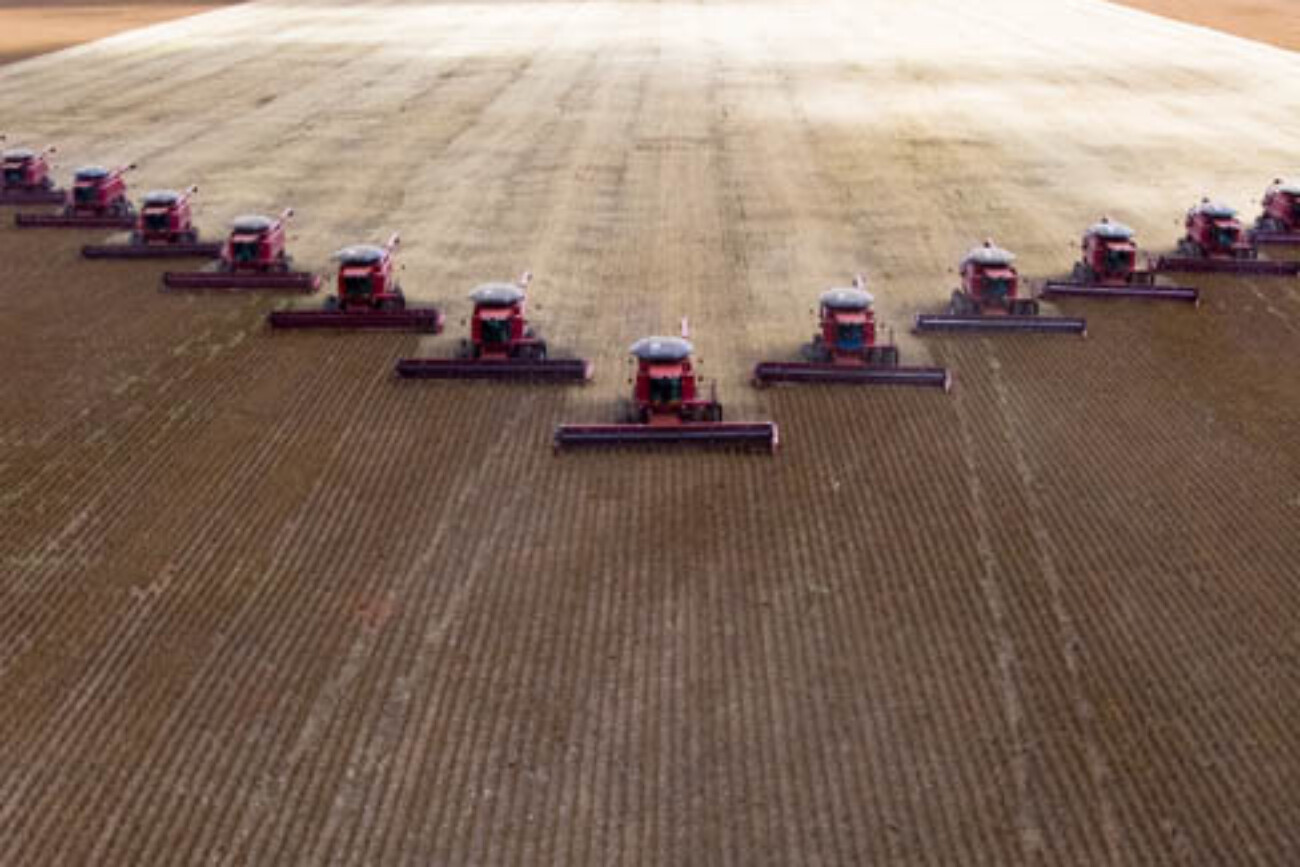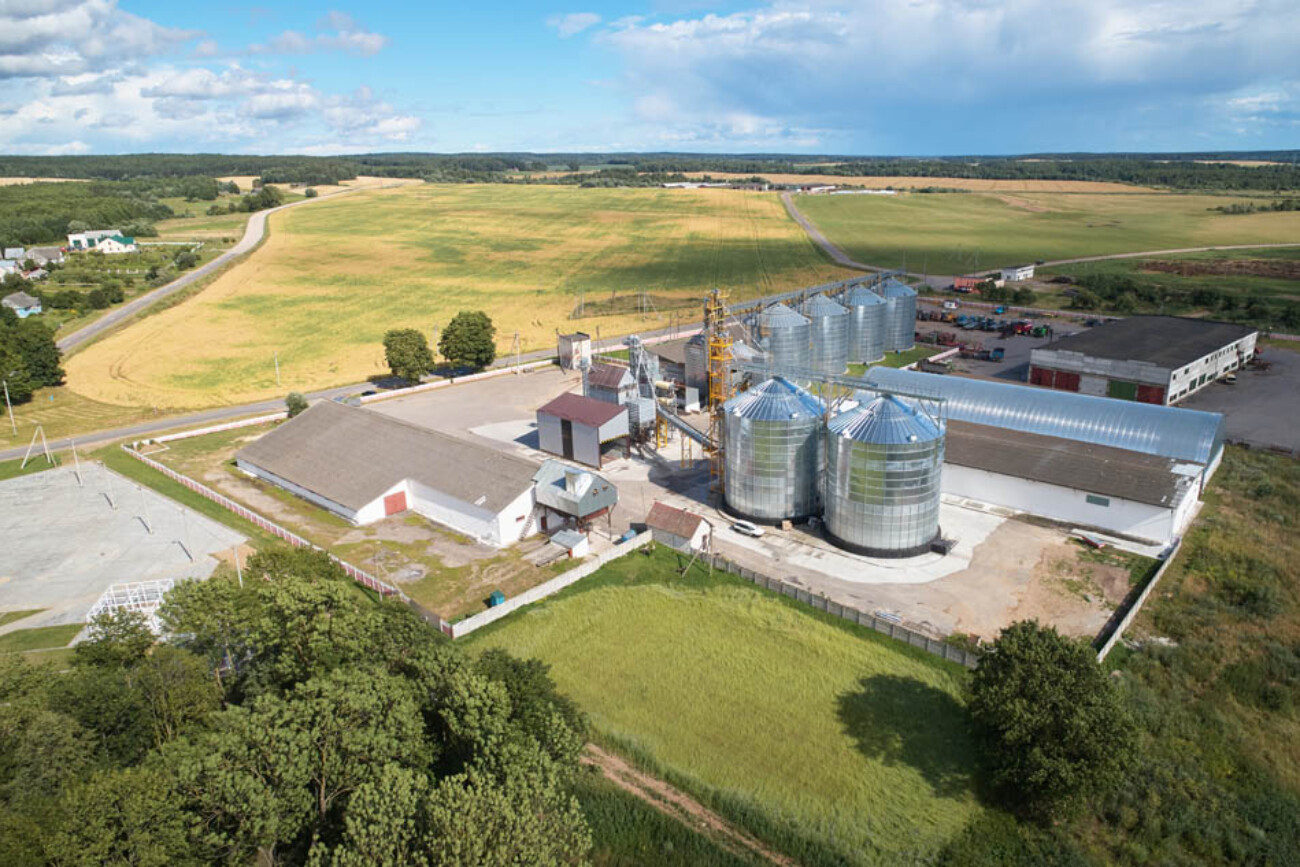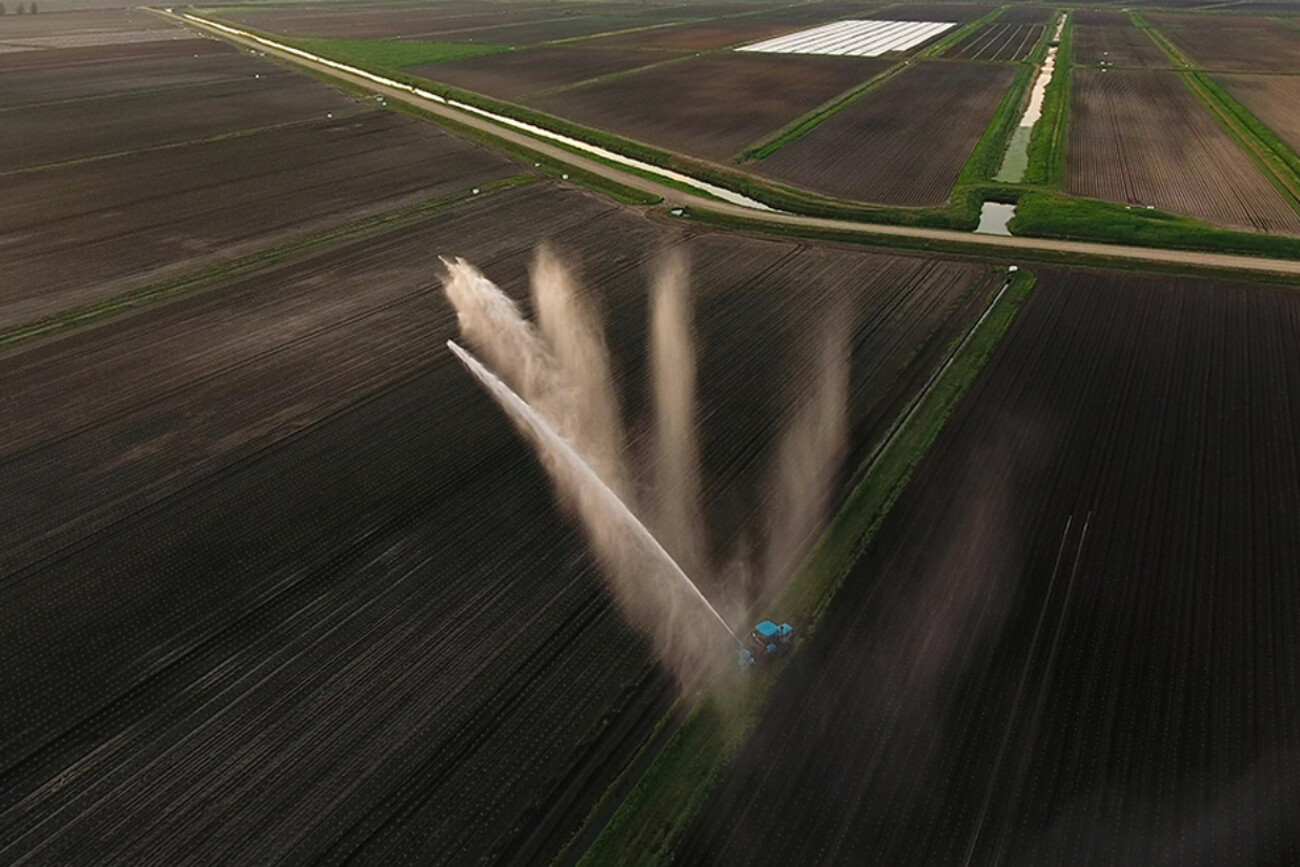Global Macro
If I thought things were bad for EM debtors in US dollars, risking default thru an overvalued Dollar, I should spare a thought for the whole of Europe and their energy crisis. They have cornered themselves thru slavish obedience to their masters and are now left with no easy solutions ahead. The only conceivable one, albeit a can kicking exercise, is to print more money to subsidize energy bills in the Union for as long as the currency holds out. Twin deficits and money printing are ingredients for a large currency devaluation in the real world so let’s see how long this can last. Not quite Argentina, but looking more like it every day.
As we have stated ad nauseam, sanctions do not work and Putin is winning this economic battle in spades even if his army isn’t as robust as we had feared. We see more volatility ahead and are especially intrigued by the SINO Russian meetings this week where we understand the agenda includes a discussion on a commodity backed currency. Stay tuned.
In times like these, honesty, integrity
and a track record of excellence is key.
Rates continue to flow higher making lending conditions for a private creditor more appealing. Input costs are rising so it follows that working capital needs are rising too; much of this can no longer be fully funded by local banks whose balance sheets are not growing at all. This is almost the perfect environment for our business where we can negotiate price, outsized collateral, governance and covenants at will. It is truly a lenders market for a judicious lender.
Nevertheless, we remain cautious because there are many geopolitical, economic and Federal Reserve managed traps ahead. We have a short list of the best governed companies in our orbit, and we intend to stick with that list. In times like these, honesty, integrity and a track record of excellence is key.
Agricultural Commodities
Prices for key agricultural commodities have crept up since the agreement was made to unlock grains from Ukrainian ports on July 22. It’s not the affect that negotiators had hoped for, but it is unsurprising. While old grains were made available, the current Ukrainian season is reporting production of under 26 million tons of grains and pulses thus far. In the previous season, the country produced 73 million tons of corn and wheat alone. While more crops remain to be harvested from Ukraine, supply issues have emerged across the Northern Hemisphere with droughts across the US, Europe and China.
On aggregate, the globe has enough inventory to keep prices in check, but without stock rebuilding the system remains fragile. In the Horn of Africa, which has also experienced drought for over a year, there are people going hungry, and a real crisis is brewing. Food exists to feed these people, but disruption of regular flows due to war and drought have made this task harder and delayed necessary resources. Of all people, Putin has pointed out that the deal to unlock Ukrainian grains was premised on serving the countries who are most in need, but in the end, the vast majority of exports have gone elsewhere. While his angle is likely more political than humanitarian, he is not wrong.
…wars are won and lost based on resources…
they are weaponized to the detriment of the enemy.
Ukraine and other western diplomats have argued that the grain deal was meant to get these commodities back into the free market, and letting the market adjust freely is in fact the intent. While the strict economic reasoning is indisputable, it is nothing but ironic coming from Europe and the US, where markets have been left to operate anything but freely. If western governments intervened to direct grain shipments to countries that needed them the most and supported the trade such that Ukrainian producers still made a market price, this cost would be nearly immaterial compared to the money they’ve poured into weapons and ammunition sent to Ukraine.
Although Putin is nagging about the grain deal, we don’t believe the Russians will re-neg on this agreement. The stranglehold they held over the grain trade for months has paid its dues, and now they’ve realized it is hurting countries they need the most, in the Middle East and Africa. Putin’s rhetoric is merely a statement to further this point publicly. Russia’s attention is now firmly placed on starving Europe of the resource it needs the most: energy. As has been the case across history, wars are won and lost based on resources, and yes, they are weaponized to the detriment of the enemy. While a short war will measure and award the immediately available resources of its participants, a longer war, as this has now become, can have wider effects as we are seeing today.
The opportunity in alternative crop variety production,
improved fertilizer applications, expansion of precision farming,
and advancements in sustainable production of food is immense.
The lack of energy in Europe is causing shortages of modern fertilizers, whose production starts with the conversion of natural gas into nitrogen. Yara, the globe’s largest fertilizer producer is in the midst of acquiring a Brazilian fertilizer unit from Petrobras. This is a continuation of a trend in shifting supply chains in an increasingly multipolar global system. The objective is to reduce dependence on any given region for critical raw inputs. Economically this will reduce the benefits of comparative advantage that consumers have enjoyed over a period of globalization that started in the ‘90s. It will also increase supply frictions that are going to be hard to ignore.
As commodity production is shifting there will be an increase in government interventions. When semiconductors were unavailable, we saw many goods become unavailable such as cars and other electronics. The US government has stepped in to help finance an increase in production at home. Electronics are not a consumer staple, as a new car, phone or computer can simply be substituted by holding on to your old electronics. Food and energy are immediately consumable and necessary to everyone’s wellbeing, and therein lies a bigger issue in the structural shifts we are seeing today. The friction in shifting production concentration for these commodities may take years to get past, and in the interim, people cannot wait. Governments will do everything they can to use protectionist policies and perhaps price interventions to keep the appearance of a well-functioning system. In the long-term this will only serve to further indebt their countries and their populations.
We believe the combination of unpredictable weather events and wars means that technological progress will be required to meet future agricultural demand. The opportunity in alternative crop variety production, improved fertilizer applications, expansion of precision farming, and advancements in sustainable production of food is immense. While our opportunity set includes traditional crop production and processing that are necessary today, we continue to expand our view into nascent technologies that will inevitably drive the sector forward in the coming decade.
Nord45Partners ©2022


